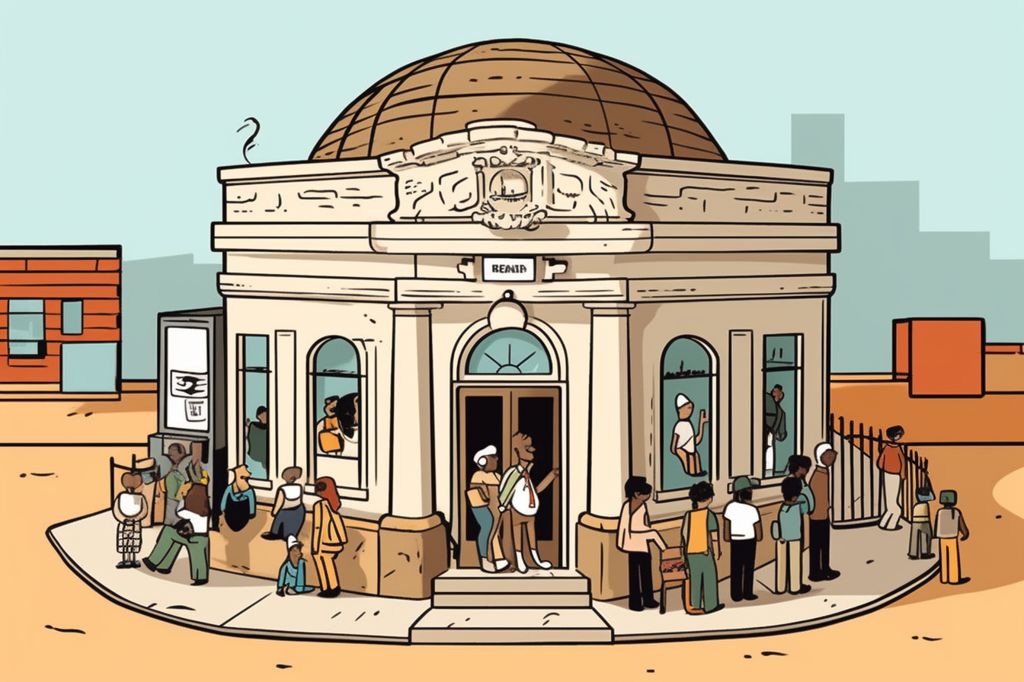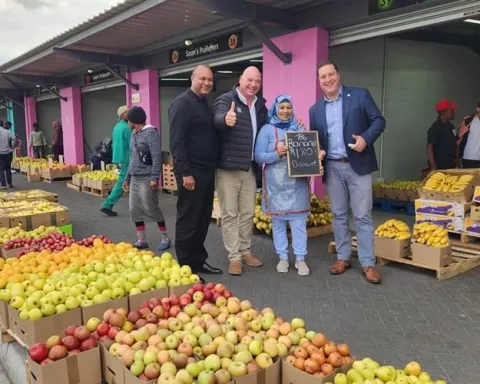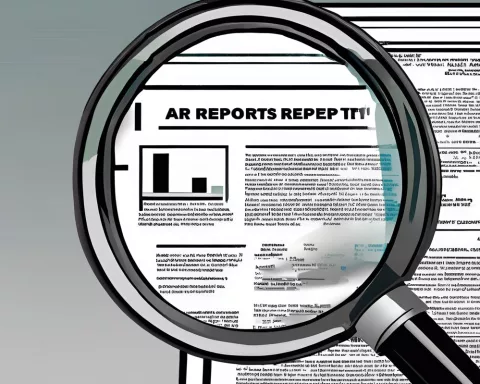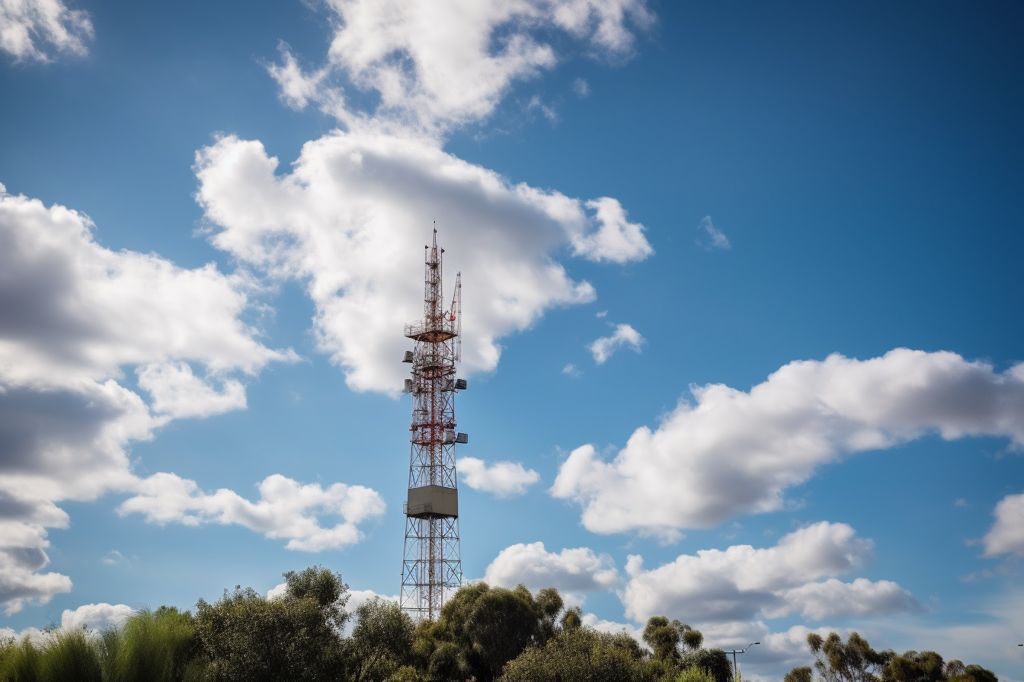In a recent session led by Nono Maloyi, the MEC for Cooperative Governance, Human Settlements, and Traditional Affairs, South African municipalities gathered to address crucial progress reports on service delivery and infrastructure grants spending. This special session witnessed the attendance of Mayors, Municipal Managers, Chief Financial Officers, and other stakeholders, reflecting the urgency to improve service delivery in local communities.
The Importance of Service Delivery and Infrastructure in South African Municipalities
Service delivery and infrastructure development have been longstanding issues in South Africa. Many citizens have experienced poor access to basic services such as water, electricity, sanitation, and housing. This has prompted the government to prioritize improving service delivery, particularly at the local government level. Infrastructure development is a key component of service delivery, as it provides the foundation for basic services to be delivered efficiently and effectively.
The Special Session’s Significance
The special session led by MEC Maloyi signifies the government’s commitment to addressing the challenges faced by municipalities in delivering essential services and developing infrastructure. By closely monitoring the progress of municipalities and providing the necessary support, the government aims to improve the overall service delivery in the province.
Proper Utilization of Infrastructure Grants
MEC Maloyi emphasized the proper utilization of infrastructure grants, urging municipalities not to use these funds for unintended purposes. Such grants should be reserved for developing vital infrastructure such as water and sanitation facilities, roads, and stormwater management. Misuse of infrastructure grants negatively impacts service delivery to the communities.
Strengthening Oversight Roles and Filling Senior Management Positions
MEC Maloyi called upon the Mayors to strengthen their oversight roles in terms of expenditure performance on infrastructure grants and to expedite service delivery. He urged them to ensure that these grants are not mismanaged or misappropriated, and to enforce consequence management where necessary. In addition, he highlighted the importance of filling vacant senior management positions in the municipalities. Poor performance and expenditure on infrastructure grants are attributed to the absence of managers in critical positions. He set a deadline of the end of May for all vacant senior management positions to be filled.
The special session serves as a vital platform for addressing service delivery and infrastructure development issues in South African municipalities. By promoting accountability, transparency, and effective management of resources, the government and municipalities can work together to deliver essential services and transform the lives of their communities. The ongoing efforts by MEC Maloyi and the municipalities to address these challenges signal a positive step towards achieving improved service delivery and infrastructure development in the province.












